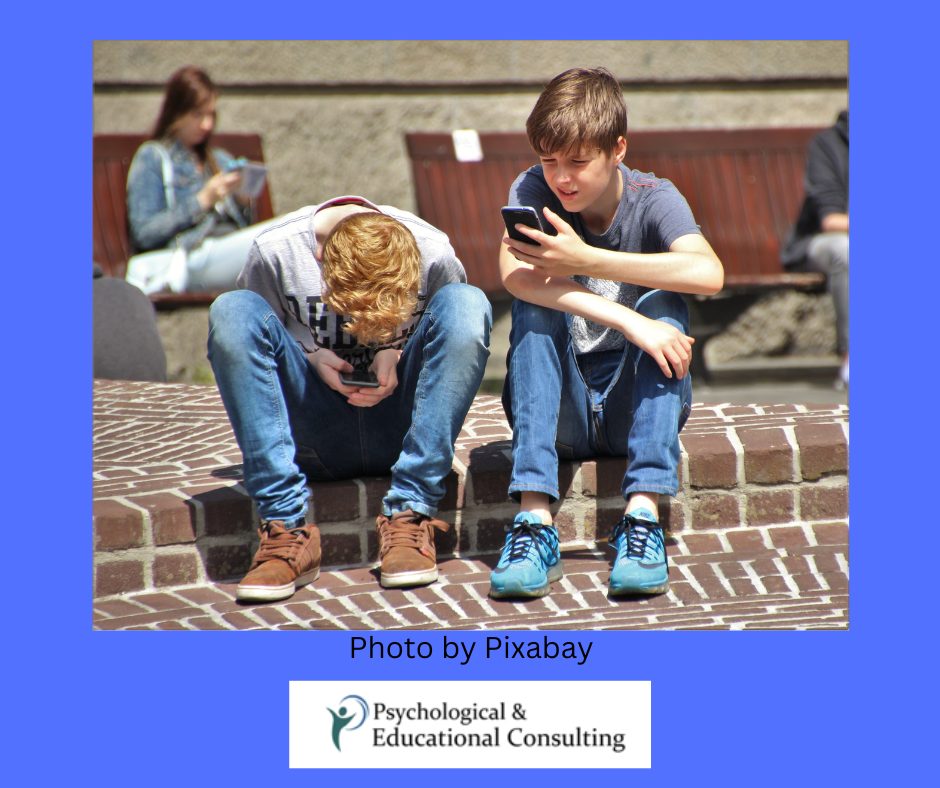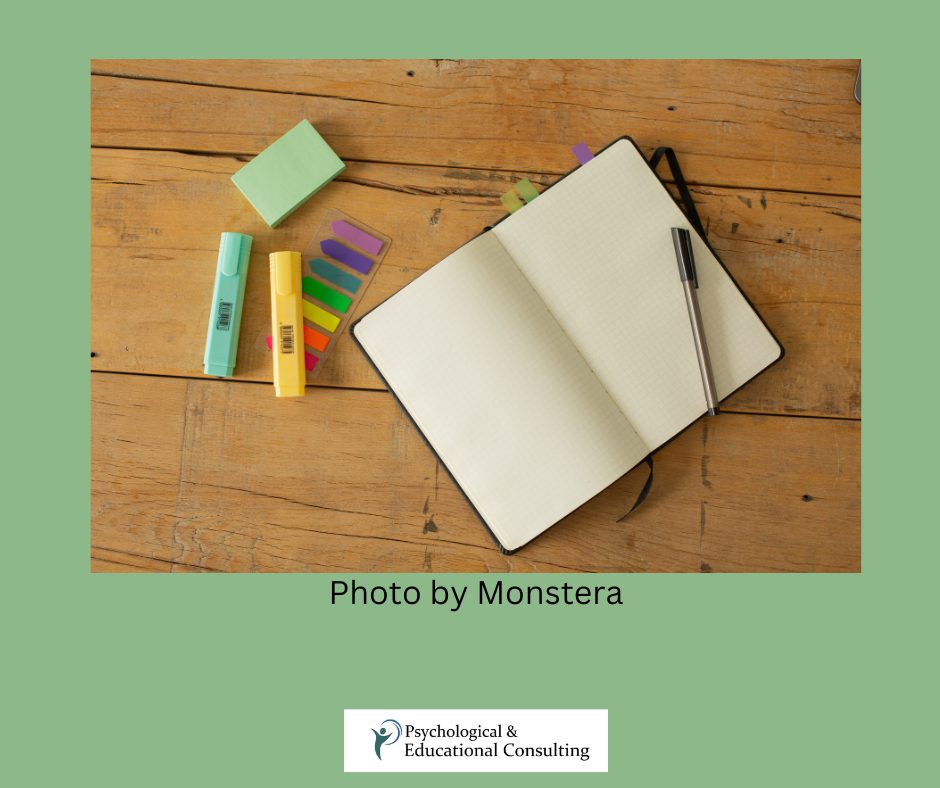What Is Non-Verbal Learning Disorder?
written by Caroline Miller, posted on childmind.org
When we think of learning disorders, we tend to think of kids who have a hard time learning to read. But there’s another kind of learning disorder, non-verbal learning disorder, or NLD for short. NLD affects other, “non-verbal” kinds of learning like the ability to notice patterns and learn concepts. These include visual patterns, social patterns, and concepts in language and math.
In school, kids with NLD usually have no problem memorizing facts, but they have trouble with ideas and organizing information. Kids with NLD can also be physically clumsy and awkward because they have a hard time understanding what they see and how things take up space.
Like autistic kids, kids with NLD often have trouble picking up social cues. In fact, many kids with NLD also have an autism diagnosis. Non-verbal social cues are a kind of pattern that’s hard for these kids to read.
Sometimes kids with NLD are great at the early stages of math because they’re good at memorizing. But more advanced problems get tricky because they involve noticing and applying a pattern. NLD also affects the set of skills we use to plan and organize our thinking. So kids have trouble breaking down a project into steps, knowing what skills to use for a given problem or figuring out how to organize an essay.
Lots of kids with NLD have all these issues. But some just have a few. For example, they might just struggle with planning and social cues.
Adults tend to realize something’s going on with these kids around 5thgrade. That’s when school becomes less about memorizing and more about applying concepts. For example, kids need to be able to grasp the important idea from a passage or take notes on the main ideas of what a teacher says. NLD makes those skills much harder to learn, but with the right support and strategies kids with NLD can catch up with their peers.





